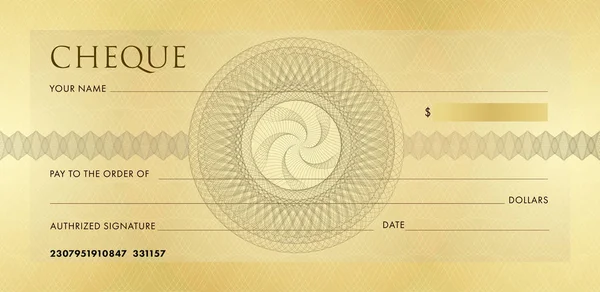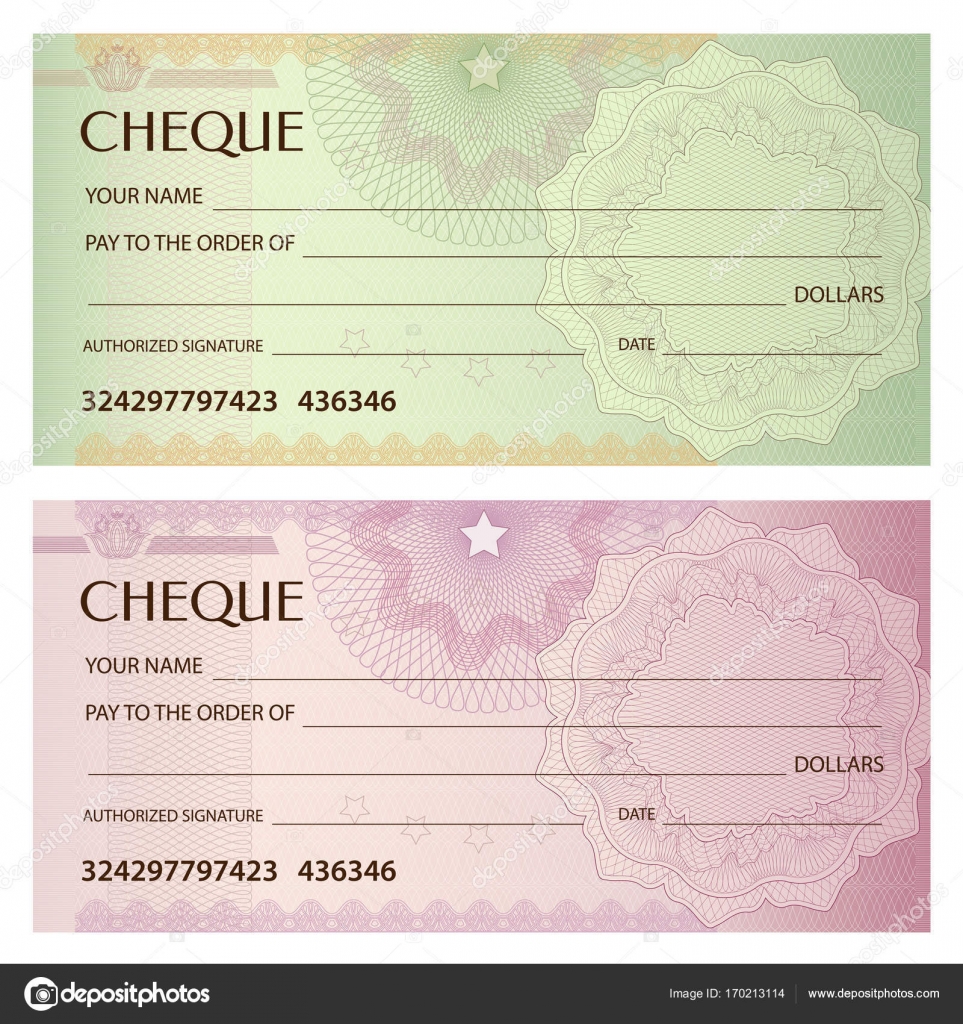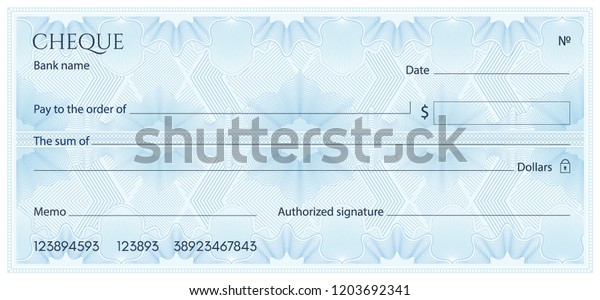



Every bank cheque has a cheque number, MICR and IFSC code. It serves as a secure option since hard cash is not involved during the transfer process hence the fear of loss or theft is minimised.Ī cheque may be issued against a current account or a savings account. The cheque is utilised to make safe, secure, and convenient payments. This would allow buyers to compare prices of available units and those in other projects to make an informed decision.A cheque is a financial document that orders a bank to pay a particular amount of money from a person’s account to another individual’s or company’s account in whose name the cheque has been made or issued.
#HANDOVER CHEQUEBOOK FULL#
I think that the full price information of the available units should be made available to buyers before balloting. The prices of all available units are also often not available to the buyers. Perhaps it should look into the marketing and selling practices of private home developers.Īre buyers given sufficient time and information to consider the purchase before signing the OTP during the VIP preview? The Government wants to keep the property prices stable and to promote fair and open markets. So, is there really a need to collect the cheques given that the potential buyer can back out? Someone handling the cheque may fill in an amount too large to be drawn from the buyer's account.Ī dishonoured cheque could lead to additional bank charges or even suspicions of criminal deception. It might be a marketing gimmick employed by developers, but is requesting signed blank cheques proper? I was told that I could back out any time as long as I did not sign the option to purchase (OTP), and the cheque would be returned or destroyed. I understand that this has been the common practice for some time and it is to ensure that only serious buyers take part in the balloting. Those who were interested to take part in the balloting were told to submit a signed blank cheque. Recently, I participated in a VIP preview of a new condominium project.Īt the preview, the developer, through its appointed marketing agent, collected cheques from potential buyers. On Ms Ng's feedback regarding the marketing and sale practices of developers, the Controller of Housing reviews the relevant policies from time to time to ensure that the interests of private home buyers are protected.Īcting Deputy Director (Policy & Planning)

To safeguard the interests of these buyers, this letter must state key information such as the details of the project, the conditions under which the property agency or agent is authorised to hand over the cheque to the developer (for example, the maximum allowable amount for which the cheques can be drawn) and the procedures for the cheque to be returned to the prospective buyer in the event that he decides not to proceed with the purchase of the unit.Ī copy of this letter must be given to the prospective buyer on the day that the letter is signed.Ĭonsumers can contact CEA if they are aware of property agencies and agents who have not adhered to these practices. Property agents are also required to prepare an authorisation letter to be signed by the prospective buyers when they collect cheques from them. Under its guidelines, agents are not allowed to collect cheques from buyers for a new project sales launch unless there is a request in writing by the developer to the property agency that the agents represent. Property agents are regulated by the Council for Estate Agencies (CEA). We thank Ms Ng Xian Hui for her letter (Is collecting signed blank cheques from potential home buyers proper? Sept 18).


 0 kommentar(er)
0 kommentar(er)
